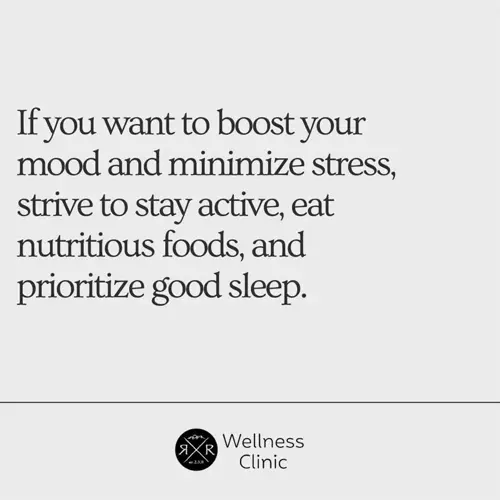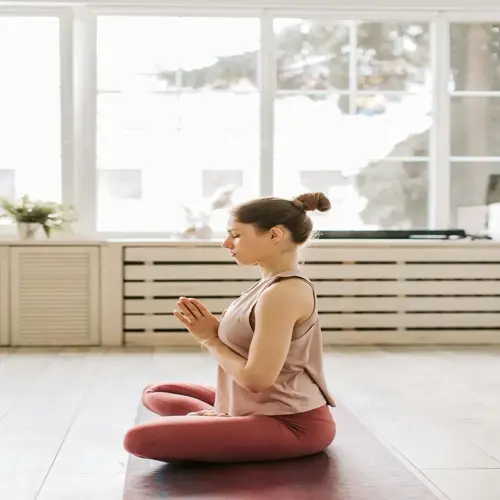Why do I feel guilty about self care practices?

Written by
Gina Mason
Reviewed by
Prof. William Dalton, Ph.D.It is a common ailment to feel guilty about self-care practices especially if one is a caregiver or busy professional. This guilt comes not from the self-care practices themselves, but rather from an erroneous view that they are selfish, as opposed to necessary maintenance. It is essential to understand the origins of this guilt to effectively eliminate it as a barrier to ongoing self-care practice. Recognizing and understanding this pattern of guilt is the first step toward a better self-care practice without guilt.
Root Causes
- Conditioned beliefs equating self care with selfishness
- Productivity culture valuing output over personal needs
- Comparison with others' perceived sacrifice levels
Reframing Techniques
- Affirmations: "My wellbeing enables better care for others"
- Permission scripts: Written notes authorizing personal time
- Energy investment framing: Viewing care as necessary refueling
Practical Implementation
- Start with micro-practices under five minutes daily
- Connect self care to existing caregiving activities
- Track energy levels before and after practices
Boundary Setting
- Phrases: "I need this time to be fully present later"
- Scheduled non-negotiable self care appointments
- Visual reminders of permission statements
Long-Term Shifts
- Recognize care capacity increases with consistent practice
- Notice improved patience during challenging situations
- Measure reduced resentment in relationships over time
Dissolve the guilt by challenging its misperceptions with practical experience. Start with five or so minutes. Focus on shifts in capacity. I tracked results with children for levels of patience before (and after) short meditation sessions, etc. The tangible result was greater than the inner critic could tolerate.
Utilize boundary phrases when faced with real-life situations. You might say, "I'll help after my walk," if requests collide with your time for self-care. Leave your permission notes in a visible location where you are most likely to feel guilty. These actual, tangible devices will act as reminders that by being stronger, you will be able to take better care of yourself in the long term.
Guilt is not a representation of the truth, but rather a signal calling for attention. Whenever guilt arises, pause to evaluate its validity. Ask, "Would I judge others for practicing this way?" The answer most often reveals that double standards are being applied. This mind-shift allows for sustainable practices.
Read the full article: 10 Essential Self Care Tips for Wellbeing

